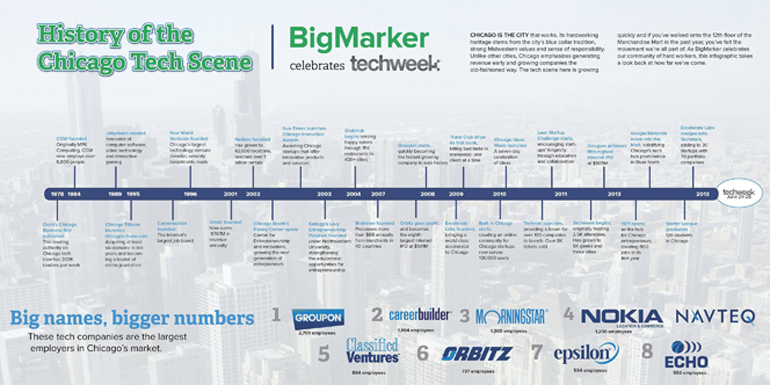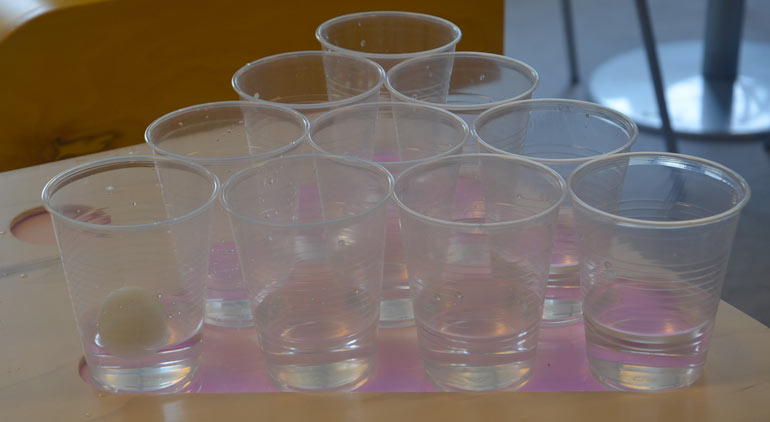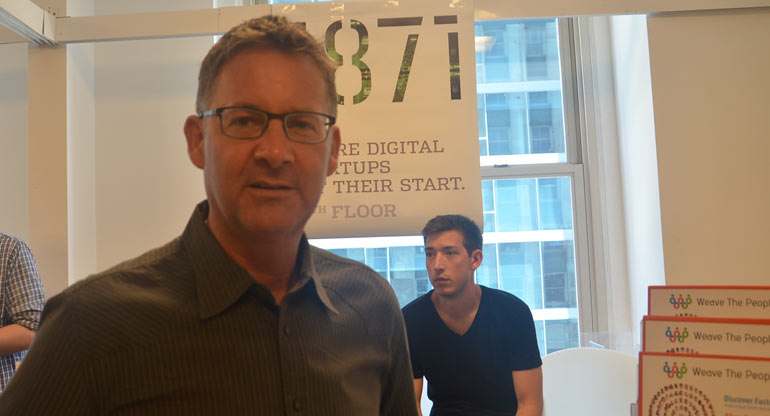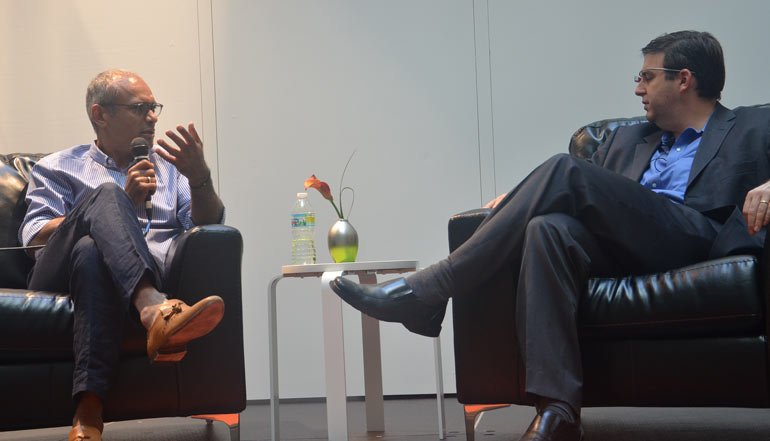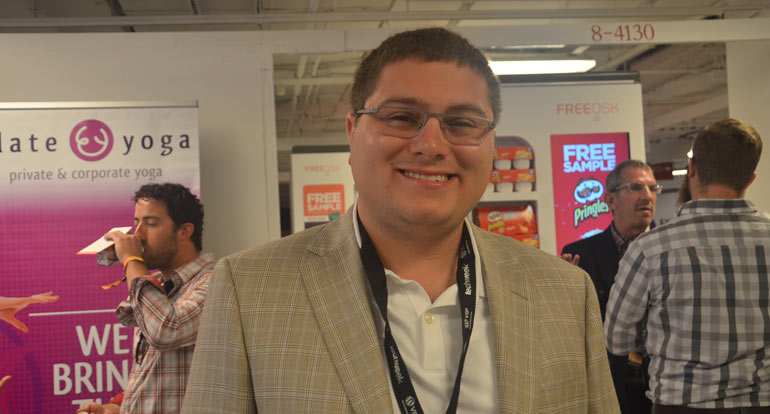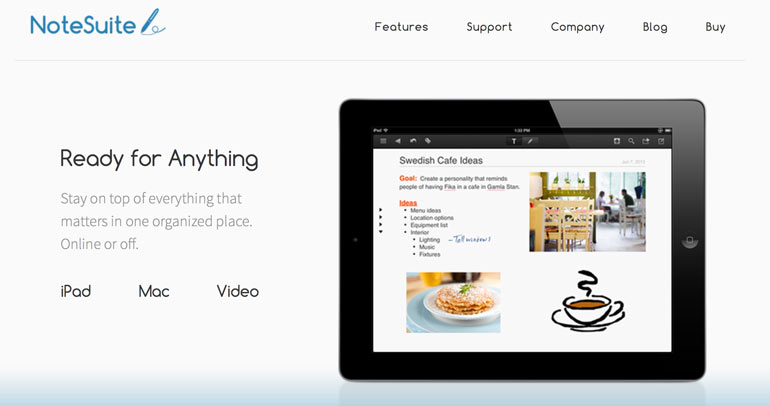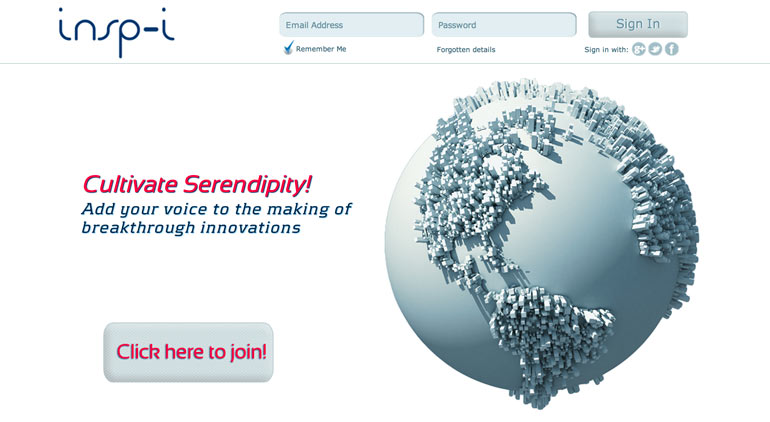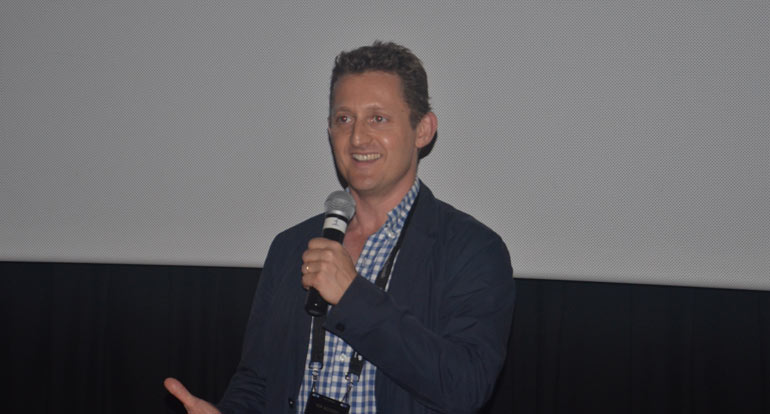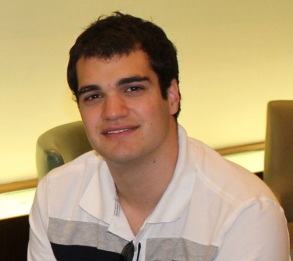 We travel all across the country and check out startup communities and ecosystems everywhere else. One of the ones that caught our eye early on is Chicago.
We travel all across the country and check out startup communities and ecosystems everywhere else. One of the ones that caught our eye early on is Chicago.
Going back to the early 1900’s Chicago has had hustle. Much like many don’t want to succumb to the fact that drug kingpins (the ones that don’t get caught) are the grittiest of hard working entrepreneurs, Chicago has heart, hustle and loyalty that can date back to the seedy underworld that once played home to the most notorious of gangsters Al Caone and later Sam Giancana.
Why in the world did I go there? First off it’s history but secondly the Chicago startup ecosystem is an extremely loyal bunch. They help each other in good and bad and they lift each other up whenever and where ever they can. That’s why, despite the fact that Chicago produces 100 startup events a month, the entire community comes out for Chicago TechWeek.
Staples in industry like United Airlines, Fannie May and Sears grew up in Chicago, with countless others.
And then when technology took off (and despite what PandoDaily once said) BOOM! Chicago’s tech ecosystem and infrastructure skyrocketed which is still what it’s doing today.
Most recently we know the stories of GrubHub and Groupon but back in 1984 (yes 1984 before many startup founders were born), IT mail order powerhouse CDW was founded in Chicago. Millions of people have bought computers, storage, printers and other peripherals from the three letter giant.
Chicago also revolutionized and re-invented the classifieds department across multiple categories starting with CareerBuilder in the mid 90’s. Then in the late 90’s cars.com and apartments.com launched, in Chicago. Chicago also has one of our favorite regional startup sites to visit, builtinchicago.com.
Let us also not forget that Motorola is based right outside of Chicago.
All of this is why one of Chicago’s other big startups, BigMarker, went ahead and made this trusty infographic highlighting the history of Chicago’s Tech Scene as a celebration of their tech community on TechWeek.
Oh and regardless of size, Chicago holds one mean tech party during TechWeek second only to the VegasTech party at SXSW.
Click here to actually read or print this thing (enlarge)


